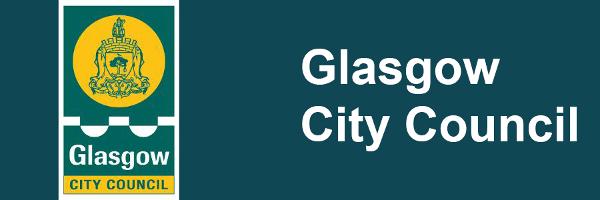Hogganfield Havens to Save Great Crested Grebe Chicks
Published: 5 April 2016
Floating Bio-Havens are being installed on a popular Glasgow loch to help protect endangered Great Crested Grebe chicks.

The Friends of Glasgow's Local Nature Reserves (LNR) have raised almost £15,000 to install five special floating islands, planted with vegetation on which the birds can safely nest and raise their young.
Glasgow City Council, the RSPB and the Seven Lochs Project are supporting the volunteers who obtained grants and crowd-sourced funding via the MyParkScotland website to purchase the Bio-Havens. The project is coming to the rescue of rare Great Crested Grebes which visit the loch to breed each year. Unfortunately, heavy spring rain in recent years has destroyed some of the grebes' delicate floating nests resulting in only a few chicks surviving.
Great Crested Grebes perform elaborate courtship "dances" when woo-ing their partners and the males and females, share the care of the chicks after they hatch. Vigilant visitors to Hogganfield Loch might spot the grebes carrying their tiny, black and white striped chicks on their backs and bringing them small fish before they learn to dive for themselves.
Sadly, the birds were almost hunted to extinction in the UK by Victorian fashionistas who prized their feathers for hats. In 1889, the birds' plight inspired the creation of the Plumage League - the forerunner of the RSPB and now the UK population is recovering.
Hogganfield Loch, off Cumbernauld Road, is a Glasgow City Council Local Nature Reserve with Green Flag status. The city park is a haven for wildlife photographers and bird-watchers as the loch attracts a wide variety of birds including the Great Crested Grebes, Little Grebes, Goldeneye, Grey Herons, Goosanders, and Whooper Swans.
The Bio-Havens are made of recycled plastic and are designed to last much longer than wooden nesting rafts.
Avid bird-watcher, Jim Coyle of the Friends of Glasgow's LNRs, said: "Hogganfield Loch is one of the best bird-watching sites in Central Scotland. It attracts people from across the country and also from Northern England.
"We are really hopeful that the Bio-Havens will prove attractive to a variety of nesting birds and will also be popular with people visiting the park. This could be the first time that Great Crested Grebes use Bio-Havens in Scotland and if successful, we hope this can be replicated elsewhere. We hope these islands last at least 25 years and help nesting birds produce many future generations.
"Historically, Great Crested Grebes suffered persecution but they are recovering. We are really lucky to have them nesting in a Glasgow park and hopefully, the Bio-Havens will help boost the population. I'd like to thank everyone who donated to the appeal."
EB Scotland donated £13,000 from the Landfill Communities Fund and Glasgow Natural History Society also donated £1500. The remainder of the funds were crowd-sourced. The money will also be used to monitor the water quality at Hogganfield over the next four years. Samples collected by the volunteers will be analysed by specialists at Glasgow City Council which runs the park and is giving practical support to the conservation project.
Catherine Scott, Natural Environment Officer at Glasgow City Council, said: "Hogganfield is an exceptionally popular Glasgow park which is rich in biodiversity and especially loved by bird-watchers. We usually have three or four pairs of Great Crested Grebes nesting on the loch each year and they are a huge draw for visitors. There are often groups of people with cameras and binoculars keen to get a glimpse or a photo of the courtship dance and later, the chicks. This initiative by the Friends of group shows how passionate people feel about the park and the wildlife it attracts and we're delighted to support it."
Donations to the appeal can be made until April 10th at www.mypark.scot/projects/biohaven-islands-for-hogganfield-loch/.
Find out more about the Friends of Glasgow.
Photo copyright Jim Coyle.




